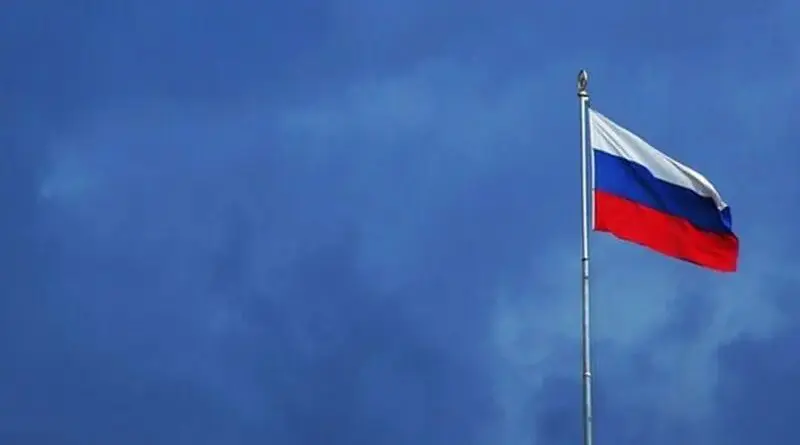Global Warming Threatens Key Infrastructure In Russian North – OpEd
By Paul Goble
Roshydromet, the Russian government’s environmental monitoring agency, says in a new 900-page report that global warming is melting the permafrost in the country’s Arctic regions and putting key infrastructure there, including buildings, military facilities, roads, and oil and gas pipelines.
The full text of the detailed report which documents these threats is available online at mnr.gov.ru/upload/iblock/4c6/ГосДоклад_B4_2017.pdf. It has been summarized today by Barents Observer journalist Atle Staalesen (thebarentsobserver.com/en/arctic-ecology/2018/10/place-russias-arctic-coast-has-most-dramatic-climate-change).
According to the report, last year was the third warmest ever recorded, and only 0.1 degrees centigrade lower than the record warmest year, 2011. The further north and west in the Russian North one travels, the greater the increase in temperatures. The Arctic has warmed significantly and ice cover has declined, although not to the record low of September 2012.
The permafrost which underlies the entire region is melting at record rates, approximately 10 centimeters over the last year. But in some places, like Nadym, an oil-producing center, the decline in the depth of permafrost is as much as 38 centimeters. And in the city of Norilsk, the permafrost has continued to melt at ever more rapid rates.
The consequences for Russia of this warming are certain to be dramatic, the government report says. All infrastructure is at risk of collapse as ice in the soil melts, land subsides and shifts, and sinkholes open. Some buildings and pipelines may collapse, putting human habitation and the extraction and export of oil and gas at risk.
And this will have national security implications as well, the report continues, because as Staalesen puts it, “among the objects most in danger are [military] buildings and coastal installations along the shores of the Arctic.”

